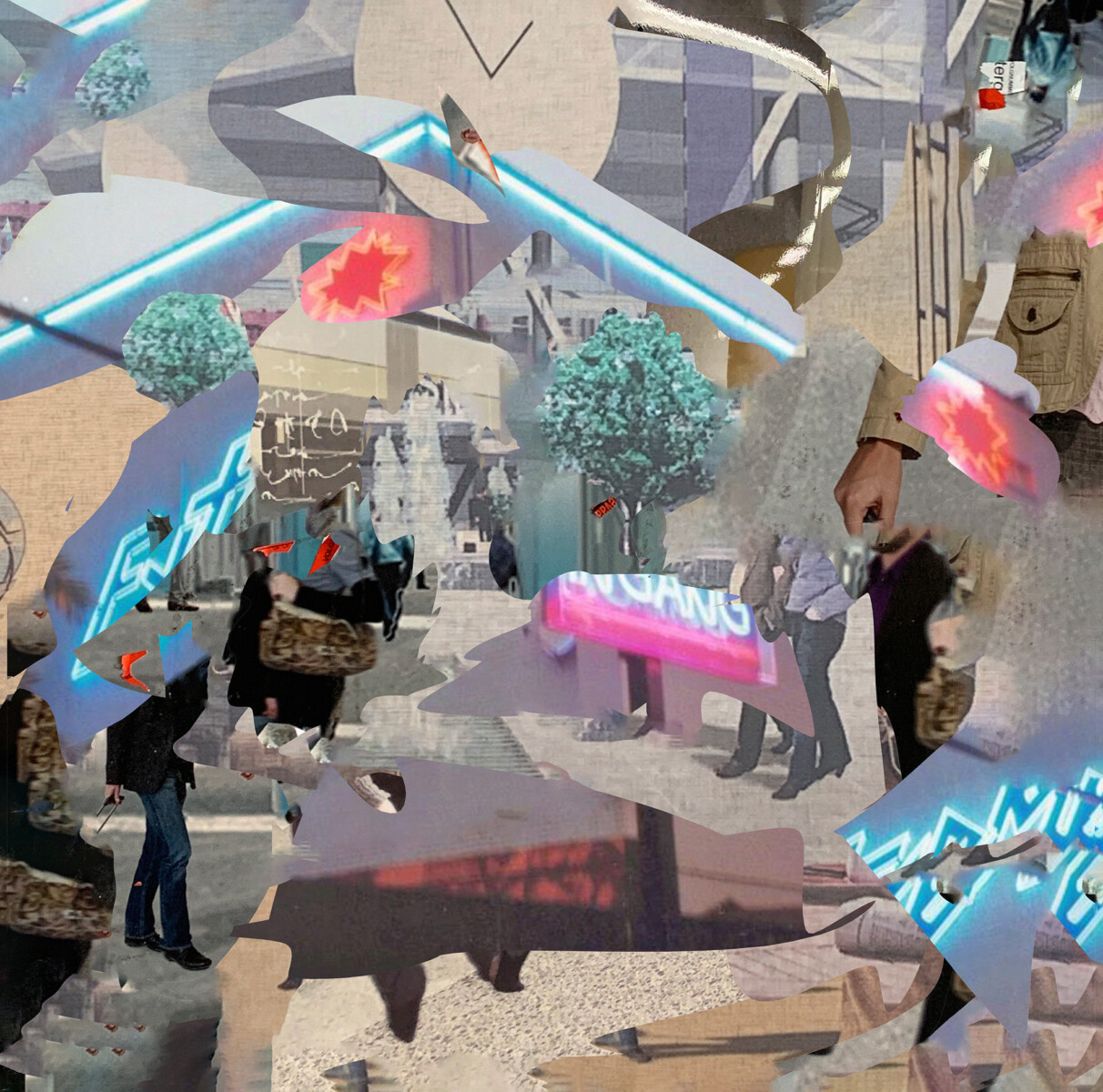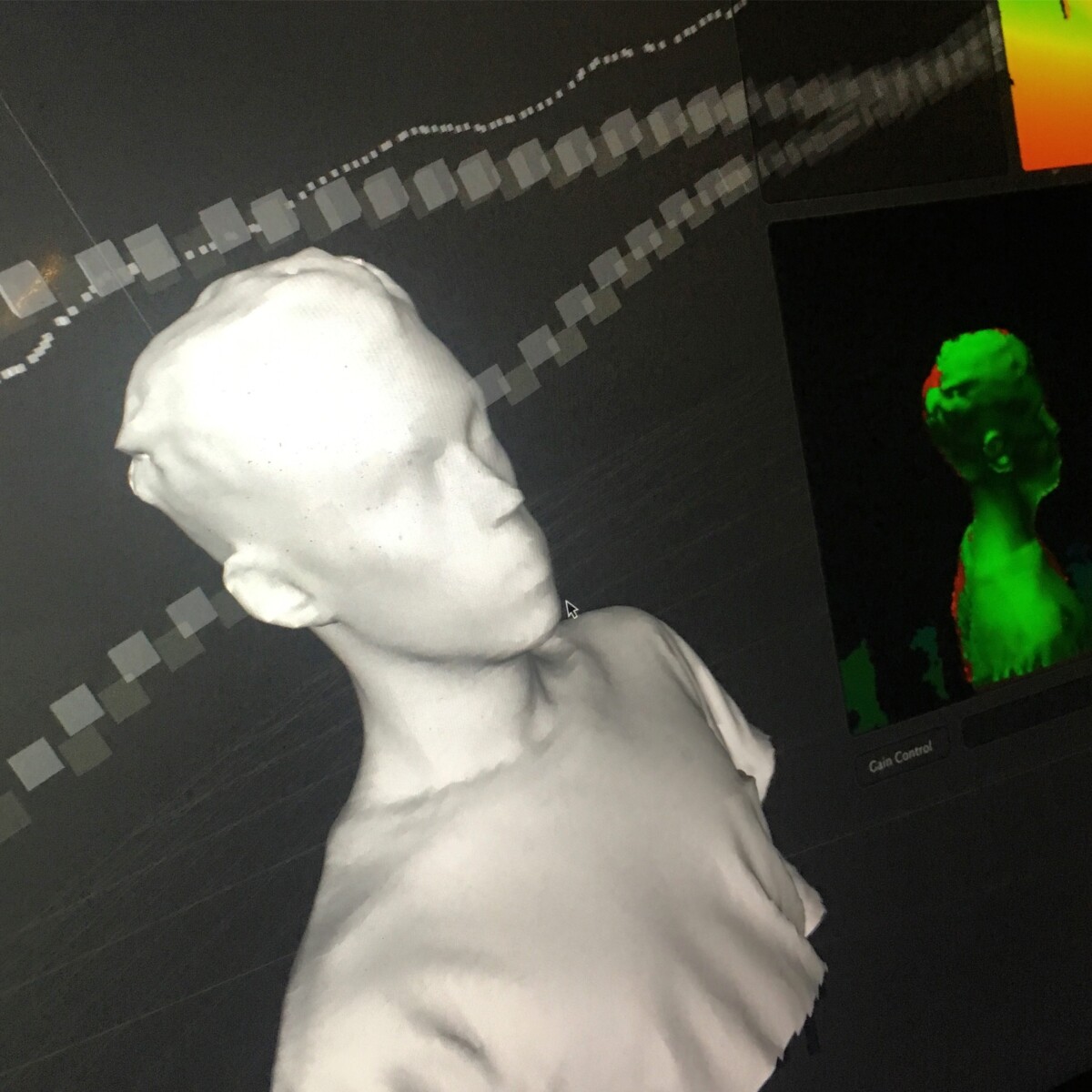This artistic doctoral research explores the intersection of live performance and electronic production through the lens of a jazz drummer deeply immersed in electronic dance music (EDM) culture. Originating in 2016 from Lander Gyselinck's desire to integrate the rhythmic vitality of club music into his instrumental practice, the project evolved into a broader inquiry: how can the physical, improvisational nature of drumming engage meaningfully with the digitally constructed world of electronic music and vice versa?
Over the course of this PhD, Lander Gyselinck produced five full-length albums spanning solo works, collaborations, and experimental hybrids — each a different response to the question of how acoustic and electronic methods can enrich one another:
- Hihats In Trees – Disleksikon (2020)
- Lander & Adriaan – Lander & Adriaan (2022)
- KVR – Spam Vol. 01 (2023)
- Hihats In Trees – Artefacts (2023)
- Odd Subdivisionals (2025)
These albums, released professionally and performed widely, represent both artistic experiments and public-facing contributions, designed to resonate in the real world as much as within academia. The work draws from traditions like Konnakol, jazz improvisation, and beat-based genres including jungle, footwork, rave and breakcore, acknowledging their deep sociocultural roots and their evolution within marginalized communities.
Far from a static genre, EDM emerged in this research as a complex, multifaceted movement shaped by community, technology, and cultural resistance. As a musician-academic with the rare privilege of time and resources, Gyselinck approached this work not as an outsider extracting inspiration, but as an artist engaging with a vibrant, intelligent ecosystem — what Brian Eno calls 'scenius,' the collective creativity of a scene. His aim was not to produce a singular 'magnum opus' but to build a diverse but coherent body of work that speaks for itself, inviting listeners, musicians, and students to find meaning through direct engagement.
The written output mirrors the multitrack logic of music production, layering reflection, methodology, personal narrative, and sonic references horizontally aligned in 4 texts, inspired by a digital audio workstation (DAW). This structure embodies the nonlinear, intuitive nature of artistic research, foregrounding process over theory.
While deeply rooted in personal artistic development, this research also responds to broader cultural shifts. The post-pandemic blurring of boundaries between concert venues and club spaces underscores the urgency of hybrid artistic practices. For today’s musicians, knowledge and fluency in both instrumental and electronic languages is not just creatively enriching — it’s increasingly necessary. This PhD anticipated and reflects that shift, offering tools and perspectives for navigating the contemporary musical landscape.
Ultimately, this work stands as both document and catalyst. It bridges seemingly opposing musical traditions, communities, and methods of creation, while leaving space for future questions. With the music at its centre — shaped by deep listening and broad cultural curiosity — the dissertation unveils its creative, drumming, and transcription practices. The intention of both the music and text is to inspire others to explore, understand, question, experiment — and simply, to dance.










